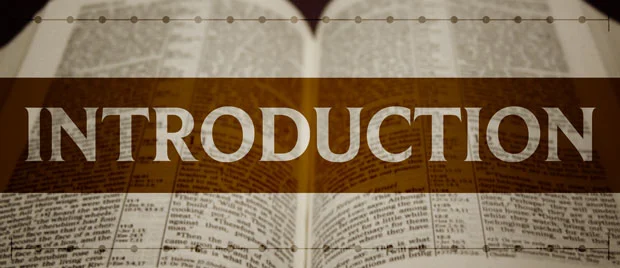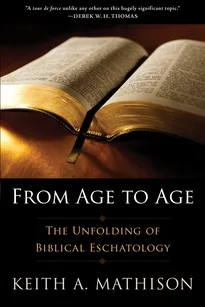
At various times in her history, different doctrines have been at the center of the church’s attention. In the first few centuries after the death and resurrection of Christ, for example, the church struggled mightily to formulate accurately the biblical teaching concerning the Trinity and the Person of Christ. The fruit of this struggle is found in the writings of numerous church fathers and in the Nicene Creed and the Definition of Chalcedon. Many centuries later, during the Reformation, soteriology and ecclesiology became the central focus of much of the church’s attention. Debates surrounding those doctrines continue to this day. Eschatology, on the other hand, while not ignored in earlier centuries, truly moved to the forefront of the church’s attention in the nineteenth and twentieth centuries. From the emergence of popular dispensationalism in the late nineteenth century to the influential writings of Schweitzer, Dodd, Moltmann and others in the twentieth century, it is clear that eschatology has risen to a place of prominence in biblical, theological, and historical studies.
Defining Eschatology
What do we mean when we speak of “eschatology”? The English word is based on a combination of two Greek words: eschatos (“last”) and logos (“word”). Traditionally, eschatology has been defined as the “doctrine of the last things“ in relation to both the individual (e.g. death and the intermediate state) and to cosmic history (e.g. the return of Christ, the general resurrection, the final judgment, heaven, and hell).1 Because of this definition, most studies of eschatology have limited themselves to a discussion of events that have yet to occur—events at the end of the individual’s life or events at the end of history.2
Eschatology in a broader sense, however, concerns what Scripture teaches about God's purposes in Christ for history. As such, eschatology does include a study of the consummation of God's purposes at the end of history, but it also includes a study of the stages in the unfolding of those purposes.3 If, for example, the first coming of Christ inaugurated “the last days,” then a study of biblical eschatology must include a study of Christ’s first advent as well as his second. It must also include a study of God’s preparation in history for the eschatological first advent of Christ. In other words, eschatology must involve a redemptive-historical study of the entire Bible. We will embark on such a study over the coming weeks.
This article is part of the The Unfolding of Biblical Eschatology collection.
-
Anthony Hoekema, The Bible and the Future) (Grand Rapids: Eerdmans, 1979), 1. ↩
-
E.g., William Hendriksen, The Bible on the Life Hereafter (Grand Rapids: Baker, 1959); Paul Helm, The Last Things (Carlisle: PA: Banner of Truth, 1989). ↩
-
Stephen S. Smalley, John: Evangelist & Interpreter, 2d ed. (Downers Grove, IL: InterVarsity, 1998), 265. ↩



